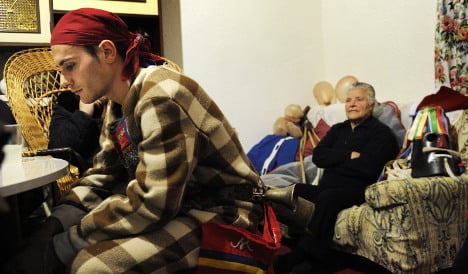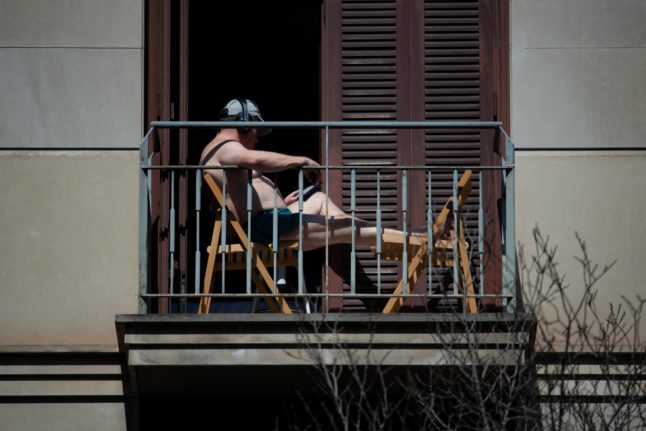Just 20.8 percent of Spaniards between the ages of 16 and 29 were “emancipated,” or living in their own independent homes in the first half of last year, according to a study released on Monday by the Council for Youth in Spain (CJE).
The portion of youth living on their own was higher during the same period the year before, 22.3%, meaning more young adults were living with their parents in 2015 than in 2014.
Of those who have managed to make it out of the family home, 84.3 percent live with two or more roommates.
“The emancipation for young people in our country remains a utopian idea,” wrote the CJE.
Women seem to be better at flying the nest than men, according to the report, with 25.2 percent of young women living away from their parents compared to 16.4 percent of young men.
The report explains that a major part of the problem is the housing market as well as the lack of available jobs. The study stated that young people would have to earn 95.4 percent more than what they currently do to be able to buy their own home.
“The principle causes of the worrisome delay of young people becoming emancipated are their fragile situation in the labour market and the difficult conditions of the housing market, inaccessible more and more each day for the purchasing power that most people have between the ages of 16 and 29,” the CJE wrote in a statement.
Youth unemployment in Spain has hovered around 50 percent since the 2008 economic crash, though it dropped to 45 percent in January, making it the country with the second-highest rate after Greece, according to Eurostat figures published on Tuesday.
“Behind these numbers is an unsustainable reality that puts a large portion of the youth at risk of poverty,” said CJE researcher Victor Reloba in a statement, adding that politicians should “work on labour laws that guarantee decent employment, in line with international recommendations.”



 Please whitelist us to continue reading.
Please whitelist us to continue reading.
Member comments